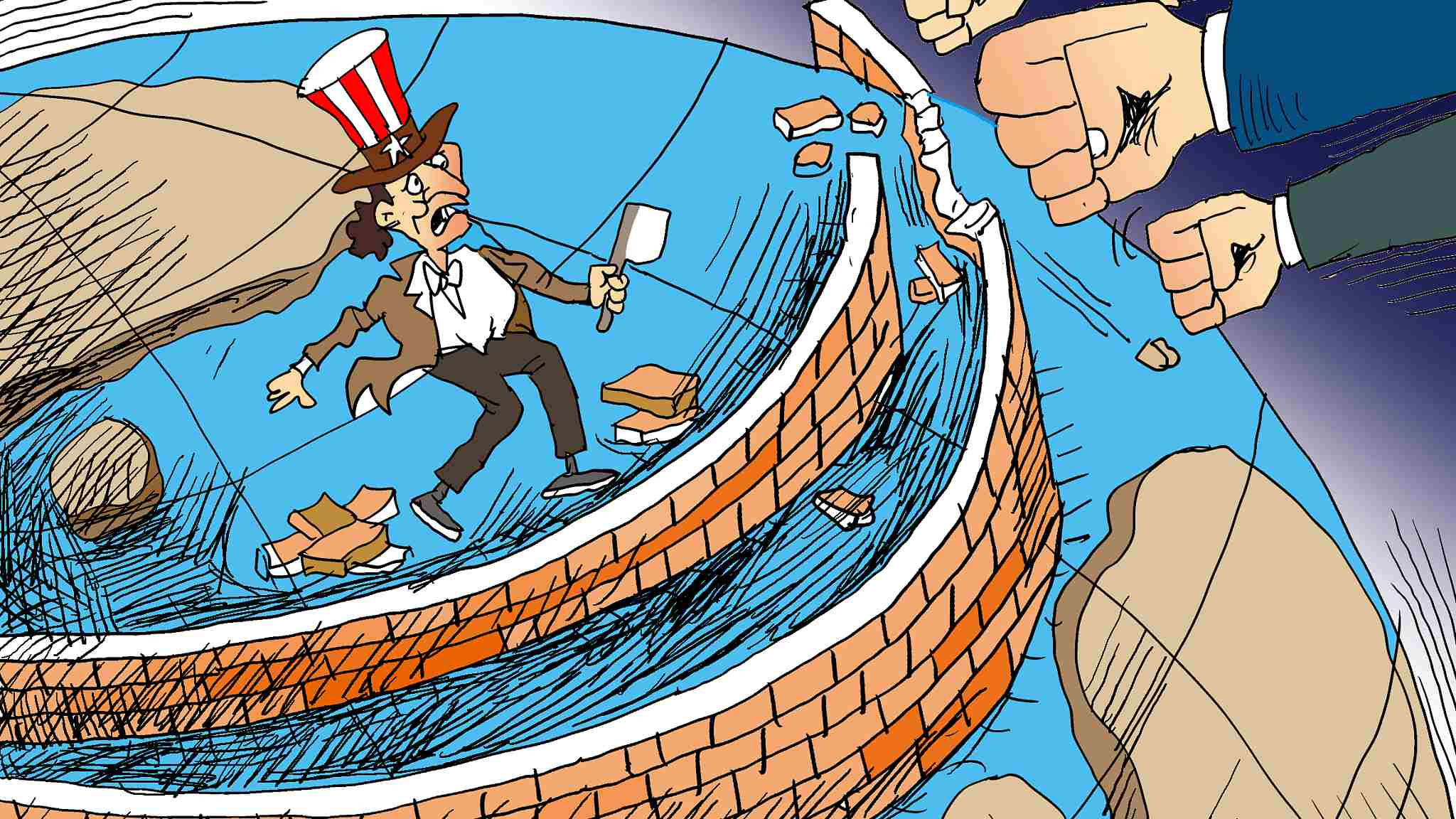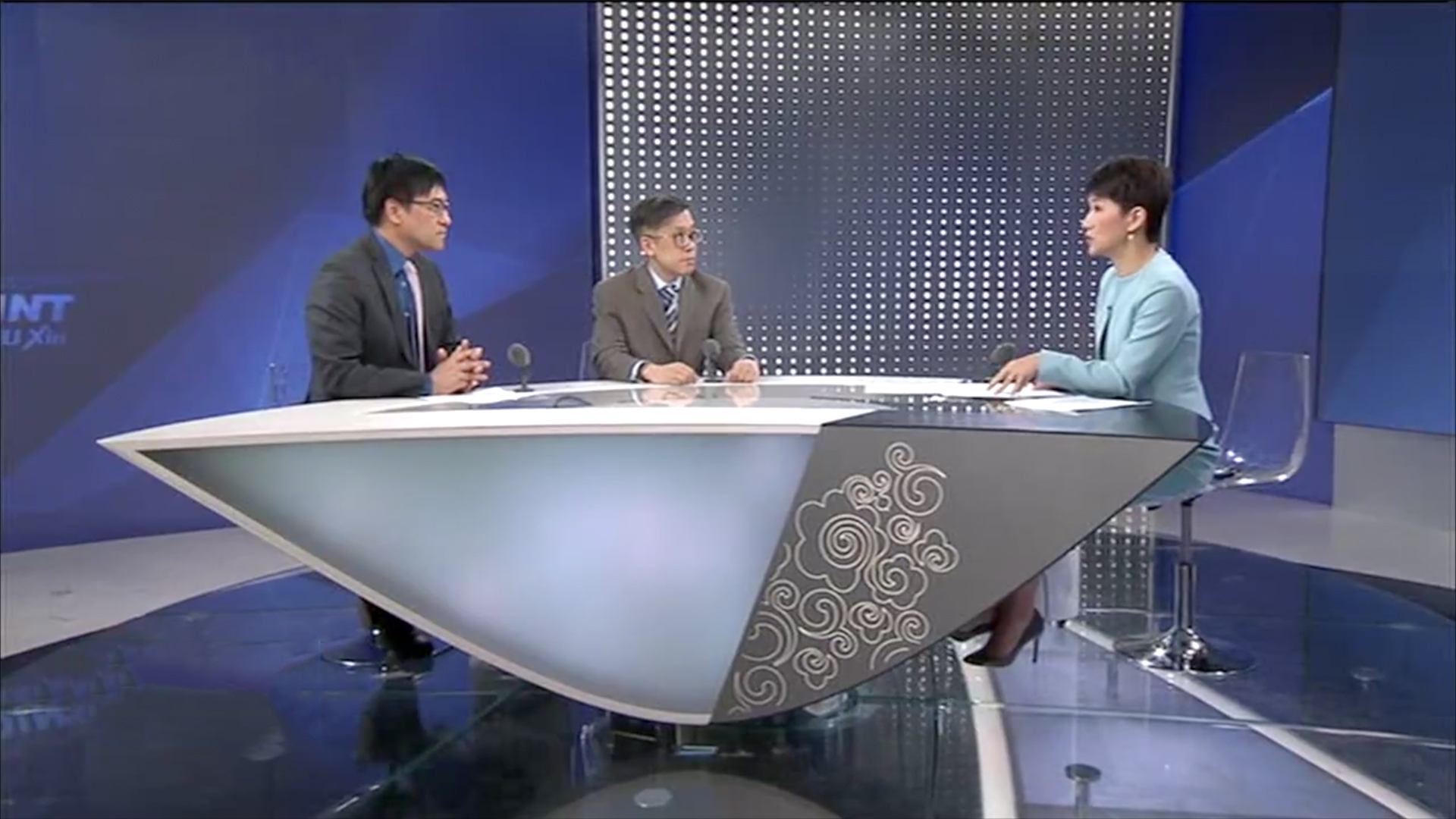
Opinions
23:17, 23-Nov-2018
The Point: Who are the victims of proposed U.S. tech embargo policy?
Updated
23:06, 26-Nov-2018
CGTN's The Point

The Trump administration is exploring curbing exports of "sensitive" technologies including artificial intelligence and robotics for national security reasons.
"There are still many Chinese companies that rely on the U.S. for some critical components or spare parts. If the Trump administration really clamps down on these things, it's definitely going to make things really difficult for Chinese companies," said John Gong, professor of Economics at the University of International Business & Economics.
But on the brighter side, the policy will also stimulate Chinese researchers to develop their own innovation and technological breakthroughs.
The U.S. Department of Commerce said it would seek public view until December 19 on "whether there are certain emerging technologies that are essential to the national security of the U.S." and how to define them. The administration would then impose export restrictions on those products, as it already does for military technology and weaponry.
Andy Mok, a non-resident fellow with the Center for China and Globalization, said that this new move is part of the U.S.' shift in its view toward China, looking at the Asian giant as a strategic rival rather than a friend.
00:48

"The Silicon Valley is built on 'IC', which does not mean integrated circuit, but Indians and Chinese. So now, if you take the Chinese out of the equation, that's going to have a very negative impact," said Mok, implying how restrictions on technology could expand to restrictions on expertise.
He also said that the move aims to keep rivals from catching up in the areas where the U.S. has traditionally dominated.
"It won't keep China from developing its own areas of strength. But, I think the intention is at least to slow down other countries, not necessarily China, but other countries that are adversaries, perhaps Russia, from catching up to the areas where the U.S. has the leadership," said Mok.
But will these export controls really help the U.S. realize its intentions?
Gong pointed out that innovation is about collaborative efforts, adding that if the U.S. restricts some exports, the decision will actually impose an extra burden on American companies, leaving opportunities for other countries. "There are certainly options from Europe and Japan," he concluded.
(The Point with Liu Xin is a current affairs program on CGTN. The program comments on global news through Liu Xin's unique perspective.)

SITEMAP
Copyright © 2018 CGTN. Beijing ICP prepared NO.16065310-3
Copyright © 2018 CGTN. Beijing ICP prepared NO.16065310-3